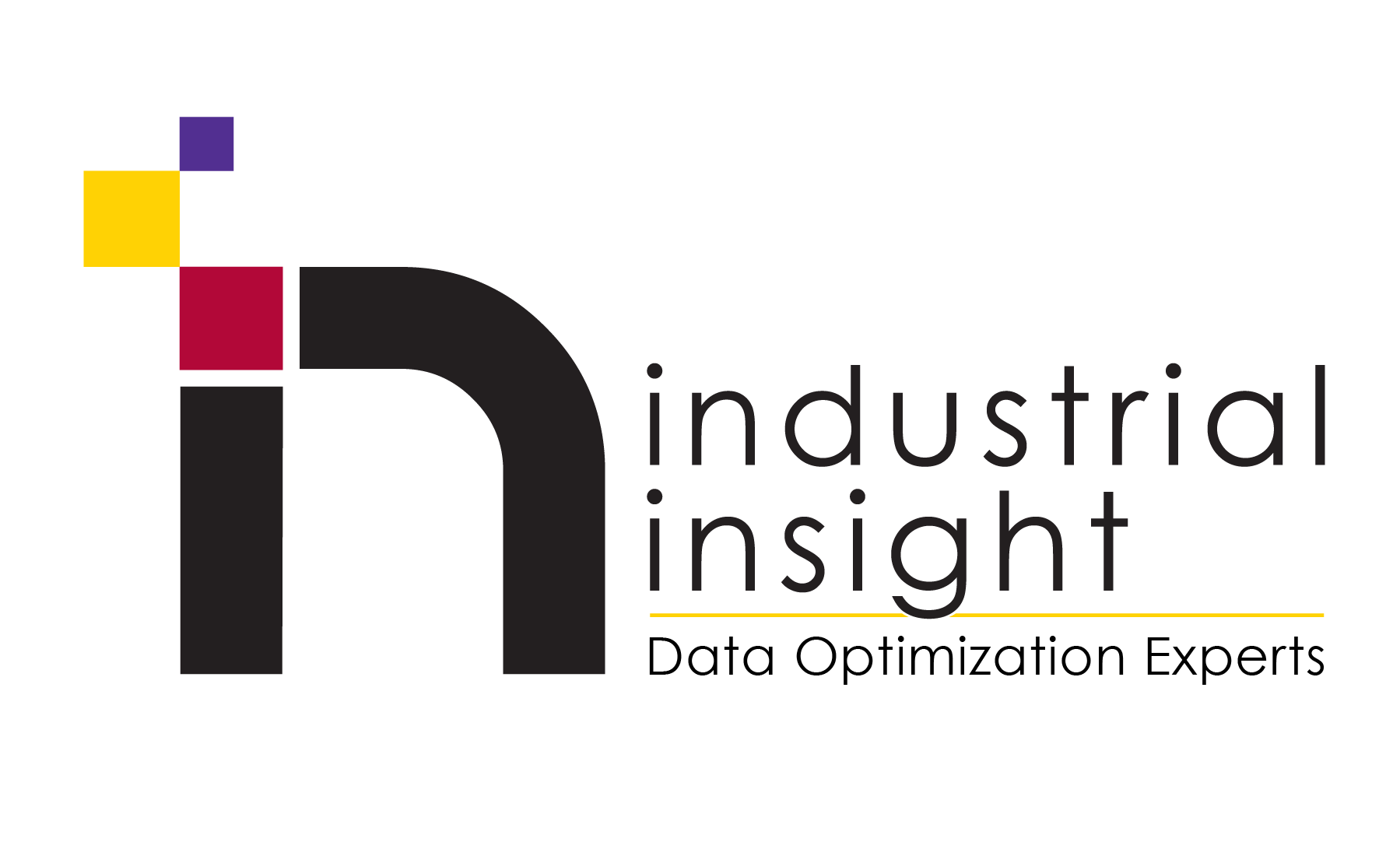Manufacturing Data is an Asset, Please Treat It That Way!
- Lisa Hemme
- Oct 12, 2015
- 3 min read
This blog originally posted on Jim Gavigan's LinkedIn page here.
asset[as-et] noun
a useful and desirable thing or quality:
Organizational ability is an asset.
a single item of ownership having exchange value.
So, would you consider your car or house as an asset? Your money? Other possessions?

Let me ask this then, if it is truly an asset, is it something you work to take care of and keep in good order or something that collects dust and falls into disrepair? My suspicion is that if you value something as an asset, you keep it well maintained and looking good.
I have been around numerous large companies poking and prodding around their manufacturing data systems (primarily historians), and I must admit that I am shocked sometimes at what I see. Manufacturing data should be treated as an asset, but most manufacturers treat it as an afterthought. What do I mean? Here are some common issues I see:
Naming conventions of the "tags" or data points not being uniform across a plant, much less across an organization
Tags not having the correct data because the instrumentation is either not working or not calibrated
Data not being collected at the right rate to be effective as a troubleshooting or analytical tool
Data being compressed or filtered at a rate that makes it less useful for an end user than it should be
Valuable data is not being collected at all
I am baffled by these issues because I look at the data in the accounting world and it is scrubbed, polished, audited, and double/triple checked (Thanks to Enron and Sarbanes-Oxley). However, manufacturing data that one could argue is much more critical to productivity and profitability of companies gets treated so differently.
I have a friend who is a statistician by degree/background and works in manufacturing excellence for a Fortune 500 firm. His job and focus revolves around having good data. If he doesn't have good data that is easily located, he simply can't do his job. One of his colleagues, another friend of mine, and I did a presentation to a group of his company's subject matter experts. We posed the question: what are your biggest challenges with using plant floor data? Here were their responses:
Bad/different data than they expect
They use different measurements or measurement methodologies from plant to plant
Calculated versus raw data differences. What assumptions have been made or what filters have been imposed?
The subject matter experts told us they couldn't always rely upon the information coming from their plants and this affected their ability to help these same plants run better.
How do things get that way? I think that the major culprit is attrition. Companies are running so lean today that when experienced people have either taken new roles or have retired they are not being replaced. So, the people who originally installed data collection systems likely were experts on these systems. They almost always had tag naming conventions as well as standards for how often to collect the data and how to filter it. However, those standards haven't been rigorously followed as people have left these companies. Often, this is simply because of ignorance which is simply a byproduct of attrition. I don’t mean that people are willfully ignorant, but that because people are spread so thin with their work duties, that they don’t have the time or don’t feel they can take the time to get the education and expertise required to maintain and grow data collection systems.
I see it over and over again across many industries. Some companies are better than others, but I have not talked to anyone who says they are where they want to be in terms of treating data as an asset. Do you think the same thing applies to accounting data? I think not, as their data HAS to be right.
I am finding that when we are talking to customers, or potential customers, that if you ask if they want training on how to have better data integrity (first step in treating data as an asset), they are all for it. The need is there and recognized, the people we talk to just need someone to help them with this part of IT/OT convergence. I think it is companies like ours along with the software vendors that need to lead the charge in educating the market on why data should be treated as an asset. Sometimes software vendors assume that the data their systems house will be treated like an asset, but a company like ours who is charged with delivering value from this data, must treat data as an asset, otherwise we cannot deliver value.


Comments